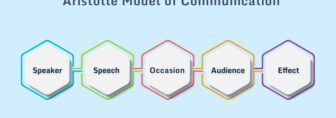Google Data Scientist-15 Skills Required To Become A Data Scientist At Google
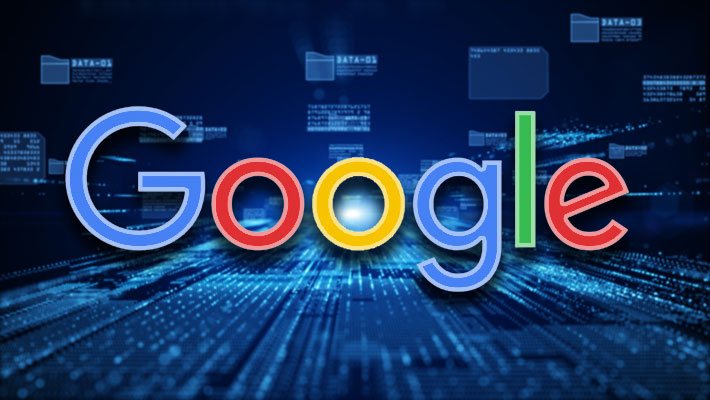
By 2024, the worldwide data science industry is anticipated to be worth $20.83 billion. That’s enormous, right??? Everyone wants to be a part of the Data Science and Machine Learning bandwagon, from Google, and Microsoft to Swiggy and Byju’s. If you become a Google data scientist, you’ll have the utmost job satisfaction in terms of both career possibilities and salary.
But why is data science gaining so much popularity? That’s because data science is used in a wide range of applications, from simple sales forecasting to self-driving automobiles and personal assistants. So, it’s no surprise that every company wants a skilled Data Scientist. So, let’s find out what skills you will require if you become a Google data scientist.
What Skills Do You Need To Become A Google Data Scientist?
How do I become a Google data scientist? This is a question many people have asked me over the years. As the data science career is becoming more and more popular, aspiring candidates who want to get Google data science jobs are increasing, just like the popularity of online data science degrees. So, let’s find out a few skills that you just need to become a data scientist at Google.
1: R Programming
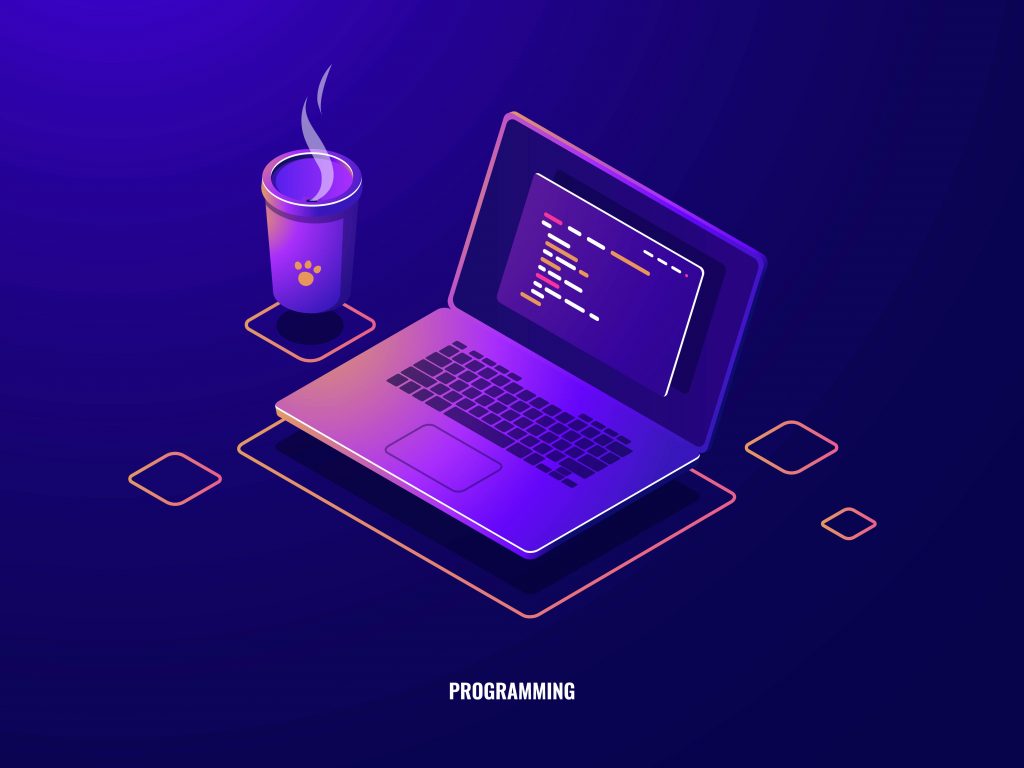
An in-depth understanding of at least one analytical tool is essential in data science engineering, while R is the most preferable. R is a programming language that was created with data science in mind. You can use R to address any data science challenge you come across.
In fact, R is used by 43% of data scientists to handle statistical challenges. It also has a high learning curve. Learning R programming is challenging. Nonetheless, there are plenty of online tools to help you get started with R. So, learn it now to be a Google data scientist in the future.
Best Online Courses To Learn R Programming
- R Programming by John Hopkins University.
- Data Science R Basics Certificate by Harvard University.
- R Programming A – Z: R for Data Science.
2: Python Coding

Python is the most prevalent coding language to secure a job as a data scientist Google. Python can be used for practically all phases required in data science operations due to its flexibility. This is why most people choose Python as their primary programming language.
Python accepts a variety of data types and allows you to import SQL tables into your code effortlessly. You can build datasets using it, and you can find almost any form of the dataset you need on Google with this programming language. So, you must learn Python if you ever want to become a Google data scientist.
Best Online Courses To Learn Python Coding
- Complete Python Bootcamp.
- Python 3 Tutorial from Codeacademy.
- The Python Mega Course.
3: SQL Database Coding

What does a Google data scientist do? A Google data scientist uses SQL coding to perform database operations such as adding, deleting, and extracting data. Thus, they evaluate Google’s products. SQL coding can also aid in the execution of analytical procedures and the transformation of database structures.
SQL was created to let you access, discuss, and operate with data. When you use it to search a database, it provides you with ample information. In addition, it contains short instructions that can save you time and reduce the coding amount required to run complex searches.
Best Online Courses To Learn SQL Coding
- The Complete SQL Bootcamp 2020.
- Oracle SQL.
- SQL for Data Science.
4: Machine Learning

Machine learning is a must-have ability for any Google data scientist. Predictive models are created using machine learning. For example, if you want to forecast how many clients you’ll have in the upcoming month based on the previous month’s data, you’ll need to employ machine learning techniques.
You may begin with simple logistic and linear regression models before progressing to sophisticated ensemble models. Knowing the code for these algorithms is helpful, but understanding how they operate is more vital. This will help you create a model with a low error rate.
Best Online Courses To Learn Machine Learning
- Machine Learning by EdX
- Introduction to Machine Learning for Coders by Fast.ai.
- Machine Learning Crash Course by Google AI.
5: Deep Learning
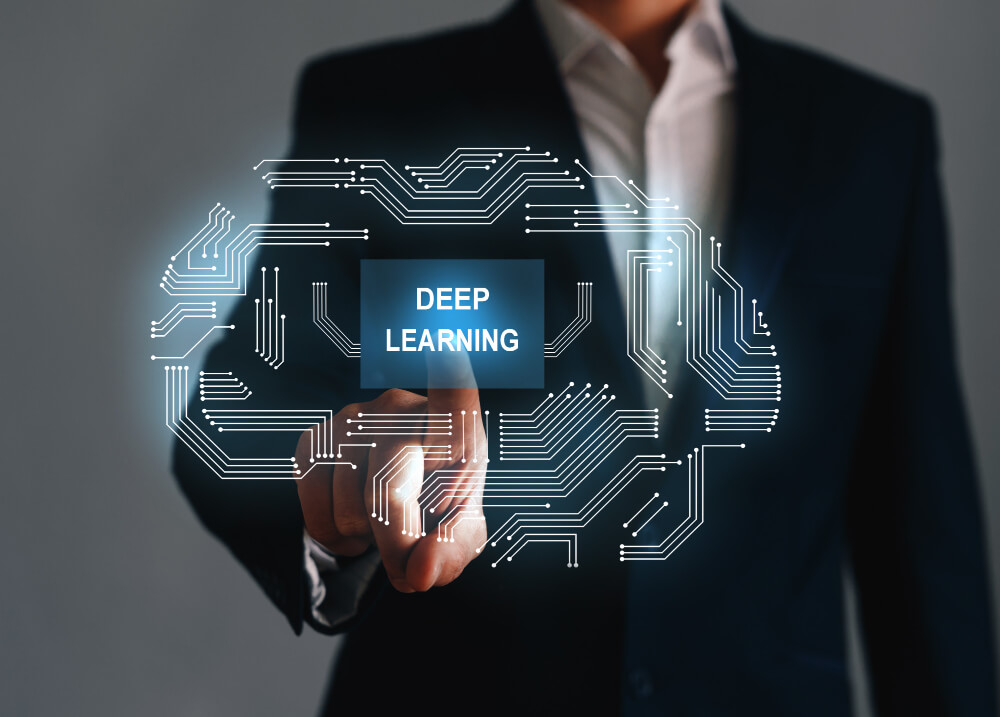
Are you inspired by smart assistants, the attractive self-driving vehicle segment, or possibly the deepfake videos? Deep Learning has made all of this feasible. Because of advances in data storage capacities and computing innovation, it is a high-growth area in the field of Artificial Intelligence.
To succeed in this sector, you must have a strong understanding of programming language, linear algebra, and mathematics. You may begin by developing basic models and progress to more complicated models if you want to be a Google data scientist ever.
Best Online Courses To Learn Deep Learning
- Deep Learning A-Z.
- Introduction To Deep Learning by Coursera.
- Practical Deep Learning For Coders by Fast.ai.
6: Data Visualization

The corporate sector generates a large volume of data regularly. This information must be converted into a manner that is simple to interpret. Unfortunately, raw data is more difficult for people to comprehend than images in the form of charts and graphs.
The problem is that many individuals are unfamiliar with serial correlation or p values. You must be able to visualize data using data visualization tools like a Google data scientist. You must also graphically demonstrate what those phrases in your findings mean.
Best Online Courses To Learn Data Visualization
- Tableau Training and Certification Courses by Udemy.
- Data Visualization with Python by IBM by Coursera.
- Udacity Data Visualization Nanodegree Certification.
7: Big Data

More than 2.5 quintillions of data are being created per day! The advent of the internet, social media networks, and IoT has resulted in a rapid increase in the amount of data we generate. This data’s volume, velocity, and veracity are all high, forming the 3V’s of Big Data.
Organizations have been overwhelmed by such a significant volume of data. So, they are attempting to deal with it by embracing Big Data Technology to store it properly and use it in need. So, if you want to get Google data science jobs, make sure you learn this skill.
Best Online Courses To Learn Big Data
- Big Data Modelling and Management Systems.
- Graph Analytics for Big Data.
- Big Data-Capstone Project.
8: Data Wrangling

Data wrangling is the process of cleaning and transforming data into a format that can be adequately evaluated. For example, take the act of packing your bags. What happens if you stuff your entire wardrobe into your suitcase? You’ll save a few minutes, but your clothes will be spoiled. Instead, if you spend a few minutes ironing and stacking your clothes, that will be a lot more effective.
So, data wrangling may be time-consuming, but it will certainly help you make better data-informed decisions. Outlier treatment, missing value imputation, data types correction, transformation, and scaling are standard data wrangling techniques used by Google data scientists.
Best Online Courses To Learn Data Wrangling
- Coursera Project Network.
- Data Wrangling in R.
- UiPath.
9: Feature Engineering

You’ll need to know how to manipulate data whether you’re developing models, investigating new features to build, or doing deep dives. Data wrangling is the process of converting data from one format to another. So, make sure you learn all about it if you want to be a Google data scientist.
Feature Engineering is a type of data wrangling that focuses on extracting features from unstructured data. It doesn’t matter whether you use Python or SQL to manage your data; you should be able to manipulate your data any way you choose.
Best Online Courses To Learn Feature Engineering
- Feature Engineering for Machine Learning by Udemy.
- Feature Engineering by Coursera.
- Feature Engineering by Kaggle.
10: Statistics And Probability
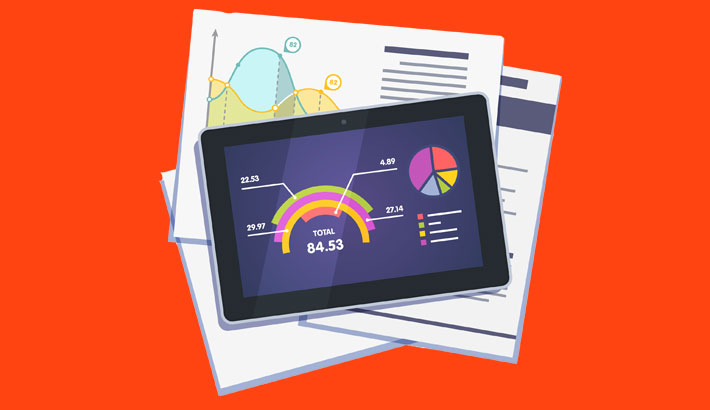
You have to understand grammar first if you want to create correct sentences, right? In the same notion, you have to understand statistics if you want to create high-quality models. Thus, machine learning starts with the concepts of statistics and probability.
It is necessary to understand the concepts of descriptive statistics such as mean, median, mode, standard deviation, and variance. Then there are probability distributions, CLT, sample and population, kurtosis, skewness, and inferential statistics, such as confidence intervals and hypothesis testing. To even get entry-level data scientist jobs, you must understand statistics.
Best Online Courses To Learn Statistics And Probability
- Learn Statistics with Numpy.
- Data Science: Probability on EdX.
- Introduction to probability and data by Coursera.
11: Communication

Google data scientists are more akin to a treasure hunt, with the reward being the insights derived from the data. The issue is, how much will the stakeholders give you for this data? If the data scientist can communicate how valuable the data is and how it may increase company earnings, they will get a reasonable price.
For example, the stakeholder wants to enhance their OTT platform’s content suggestion to maximize retention time. Now, it’s the data scientist’s job to collect the data and communicate how it benefits the client.
Best Online Courses To Learn Communication
- Communication Skill Courses Udemy.
- Communication Courses LinkedIn Learning.
- Communication Strategies for a Virtual Age.
12: Teamwork

Even a Google data scientist can’t work alone. Working with firm leaders to build strategies, product designers to create good products, marketers to launch higher-converting campaigns, and software developers to create data pipelines and optimize workflow are all things you’ll have to do.
Basically, you’ll be working with all your teammates to create use cases so that you can figure out what data you’ll need to address problems. You’ll need to know how to approach the use cases, what information you’ll need to solve the problem, and how to communicate the results transparently to everyone too.
Best Online Courses To Learn Teamwork
- Teamwork & Collaboration by EdX.
- Collaboration and Emotional Intelligence by Udemy.
- Communication Skills and Teamwork by EdX.
13: Natural Language Processing

Natural Language Processing is an area of artificial intelligence that focuses on text and voice. Unlike machine learning, NLP is still in its infancy, which makes it so intriguing. For example, NLP may be used to do sentiment analysis to determine how people feel about a company or its goods.
It may be used to keep track of a company’s social media by distinguishing between good and bad remarks. The foundation of chatbots and virtual assistants is also NLP. So, natural language processing is a fascinating and valuable subset that Google data scientists use every day.
Best Online Courses To Learn Natural Language Processing
- NLP with Python by Udemy.
- Data Science for Executives by EdX.
- Natural Language Processing by Coursera.
14: A/B Testing

A/B testing is a specific experiment in which two groups are compared to evaluate which performs better based on a particular statistic. In the business sector, A/B testing is undoubtedly the most practical and commonly utilized statistical notion.
But, Why? It’s because A/B testing enables you to combine 100s or 1000s of tiny adjustments over time to produce significant changes and benefits. So, it is crucial to learn if you’re interested in becoming a Google data scientist.
Best Online Courses To Learn A/B Testing
- A/B Testing 101.
- A/B Testing Mastery Course.
- Optimization & A/B Testing Statistics.
15: Model Deployment

You can construct one of two types of deployment models. One is a predictive model, which forecasts a result based on a set of input factors. Another is an explanatory model, which is used to understand better the relationships between input and output variables rather than making predictions.
Regression models are commonly used to develop explanatory models. This is because they give an ocean of relevant data for determining the correlations between variables. Explanatory models are also required if you want to work as a Google data scientist.
Best Online Courses To Learn Model Deployment
- Deploying Machine Learning Models by the University of California.
- Deploying Machine Learning Models in Production by Coursera.
- Deployment of Machine Learning Models by Udemy.
Wrap Up
So, as you can see, if you want to become a google data scientist, there are quite a few skills you need to learn besides earning a degree in software engineering. But, if it seems a challenging career to you, let us tell you, you can make almost $200,000 as a data scientist at Google per year. So, if it seems attractive, you can ask us more questions in the comment box. We will try to help you in any way we can.
More Resources:





















